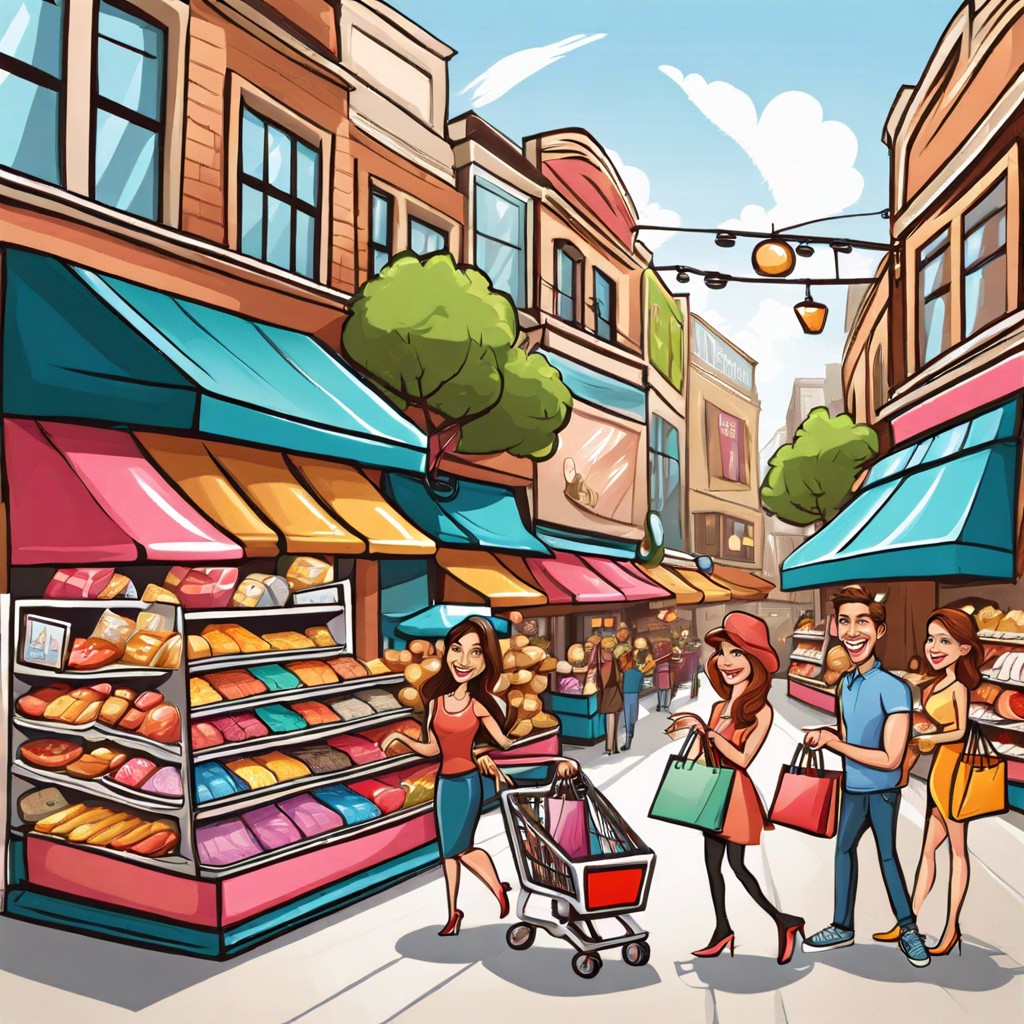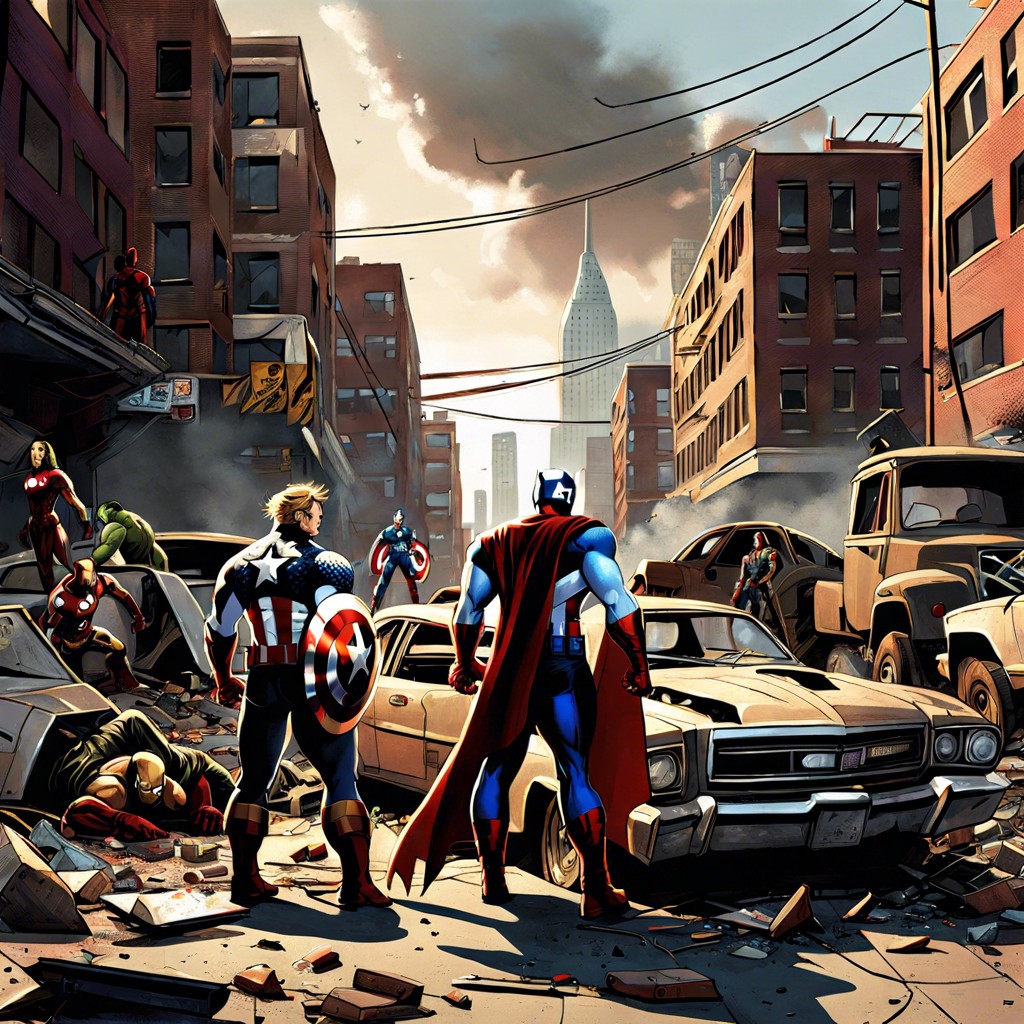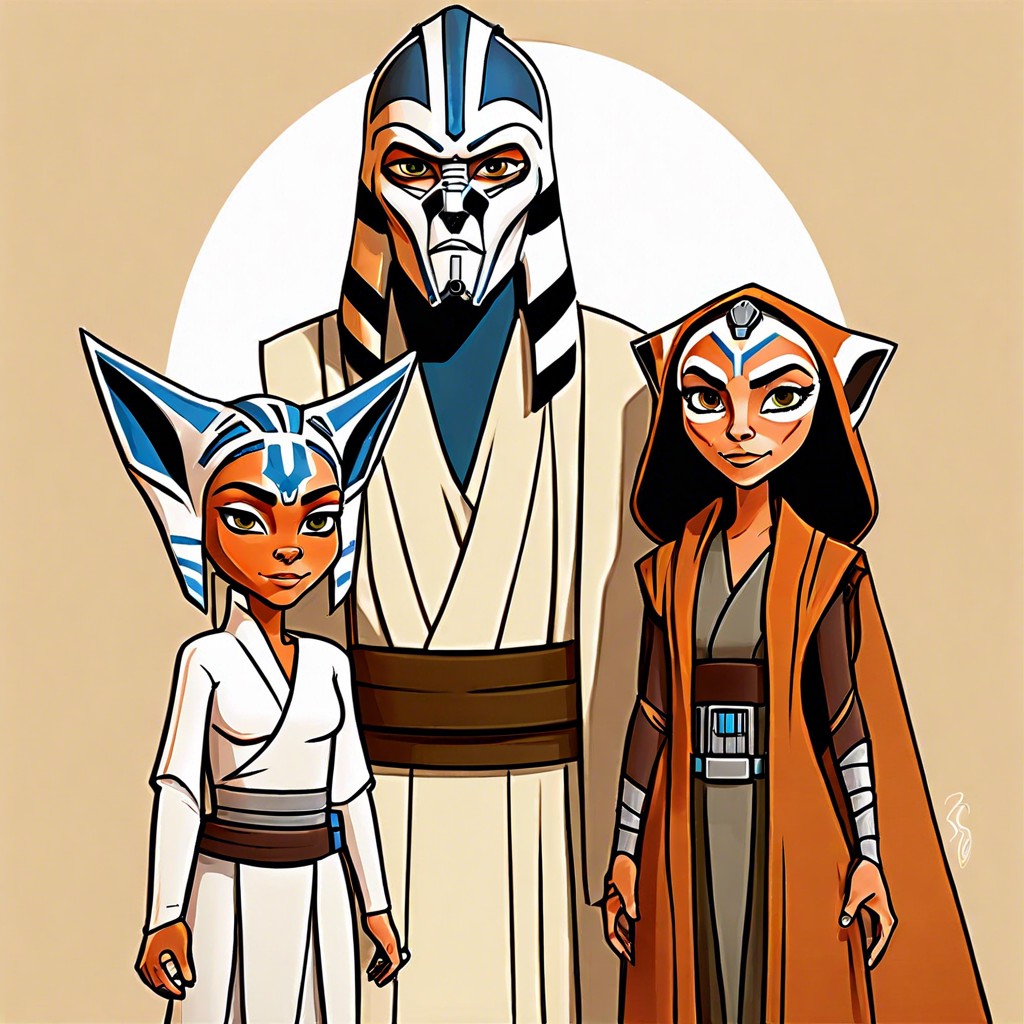Ever wondered what society would look like if everything was free?
Imagine a world where everything from your morning coffee to your dream vacation is completely free. Sounds like paradise, right? But what if I told you that such a utopia might come with a few unexpected twists and turns? Dive into this article to explore the economic shake-ups, bizarre human behaviors, innovative droughts, environmental roller coasters, and wild social dynamics that would emerge in a world where everything costs nothing. Buckle up; it’s going to be a wild ride!
Key takeaways:
- Currency would lose meaning creating economic chaos.
- Human behavior would shift, impacting motivation and generosity.
- Innovation would dwindle without financial incentives.
- Free goods could harm the environment due to overconsumption.
- Social hierarchies and values would undergo dramatic shifts.
Economic Implications

Imagine a world where your morning cup of coffee, your daily commute, and even your rent are all free. On the surface, it sounds like a utopia, right? But let’s dive into the economic whirlwind this would create.
First off, currency would lose its meaning. Why bother with money if everything is free? Governments would face colossal challenges in implementing fair systems since the very fabric of our economy hinges on scarcity and supply and demand.
Jobs? Well, they’d become optional. Do you think anyone would choose to man the grocery store register or pick up the trash? Doubtful. And why bother about productivity when there’s no incentive tied to it?
Businesses would collapse since profits would become a thing of the past. The stock market would resemble a ghost town, and investors would be trading high fives instead of stocks.
Finally, the black market would flourish—because let’s face it, humans love the thrill of exclusivity. Suddenly, unique luxuries and rare experiences would command secretive bartering systems, making back-alley deals more popular than ever.
In such chaos, the quest for balance would be endless, and the conventional idea of ‘value’ would need a total overhaul.
Changes in Human Behavior
Imagine a world where your morning latte, groceries, and even that Lamborghini are all free. Would you still want them as much? Chances are, our desires would shift dramatically. Without the price tag, the allure of luxury items could diminish.
People might find themselves less motivated to work traditional jobs. Instead, they might pursue passions and hobbies. Goodbye, 9-to-5 grind. Hello, pottery classes and poetry slams.
Free goods and services could lead to a hodgepodge of hoarding. Imagine your neighbor with ten free lawnmowers just because he can. Storage units would overflow, and we’d find value in minimalism.
Life without costs could spark a frenzy of generosity. “Want this vase? Take it!” “Need a car? Here’s mine!” Bartering might make a glamorous comeback, with people trading intangible skills and talents for goods.
We’d also likely see a decline in envy. If everything’s free, who cares if your cousin has the latest gadget? Everyone could have it too, making jealousy a relic of the past.
People might travel more, exploring corners of the world with no fears of budget constraints. The world could become a playground for adventurers.
This free-for-all existence would inevitably shift our behaviors in ways both comical and profound. Adventures in human nature await!
Impact On Innovation
With everything being free, the drive to innovate could tank faster than a lead balloon. Imagine a world where inventors and entrepreneurs receive no financial reward for their daring ideas. Forget the next iPhone or even self-cleaning socks!
First off, competition would go the way of the dodo. Why push the boundaries when there’s no pocket change at the end? Second, companies might settle into a cozy, innovation-free zone. Picture endless reruns of past successes instead of thrilling new episodes. Without the profit motive, would we even see technological advances like AI or renewable energy solutions?
Plus, research and development budgets would be mythical creatures. Who needs a budget when financial resources are imaginary? Scientific breakthroughs could slow to a crawl, leaving us nostalgic for “the good old days” of progress.
Overall, the incentive structures we rely on for groundbreaking discoveries would crumble. Innovation would likely become more of a hobby than a profession, and let’s be honest, who’s curing cancer in their garage on a Saturday afternoon?
Environmental Consequences
One might think a utopia of free goods would mean a break for Mother Earth. But let’s dive into that a bit. If everything was free, imagine the sheer volume of consumption. People grabbing seven laptops just because they can. Cupboards stocked with gadgets they’ll never use.
Firstly, increased demand means ramped-up production. More factories churning out items would lead to higher energy use and more emissions. Not exactly eco-friendly.
Secondly, with value out the window, people might discard items willy-nilly. Imagine the landfills sprouting like mushrooms after rain. The concept of reduce, reuse, recycle would be sent packing.
Lastly, natural resources would be at the mercy of relentless extraction. “Oh, free diamonds? Sure, I’ll take a bucketful!” Overexploitation would become the new norm, leading to ecological imbalances and habitat destruction.
So, free might cost us the Earth—literally.
Social Dynamics
Imagine a world where nothing has a price tag. Overnight, social hierarchies could shift dramatically.
For starters, the concept of wealth would be meaningless. What would you brag about if everyone had the latest tech, the fanciest car, or a mansion? No one cares about your private jet when they all have one parked in their garage.
Charity could become obsolete. With access to everything, there’s nothing left to give and no one in need. Cue the existential crisis for altruists.
Job titles, like CEO or barista, might become badges of passion rather than necessity. If no one’s working for a paycheck, everyone’s just following their interests. Picture a world where your barista is there because they genuinely love blending your frappuccino.
Daily interactions might be more genuine, free from ulterior motives. Relationships could thrive on mutual interests instead of economic gains.
However, conflicts could arise over non-material commodities. Time, attention, and personal space would become the new gold mines. Sharing a sunset becomes a high-stakes ordeal.
Lastly, imagine a world where status symbols vanish, but social connection strengthens. Societal focus could shift to values, experience, and empathy.
Alright, now pass me a free espresso. Oh, wait, they’re all free. Cheers!




